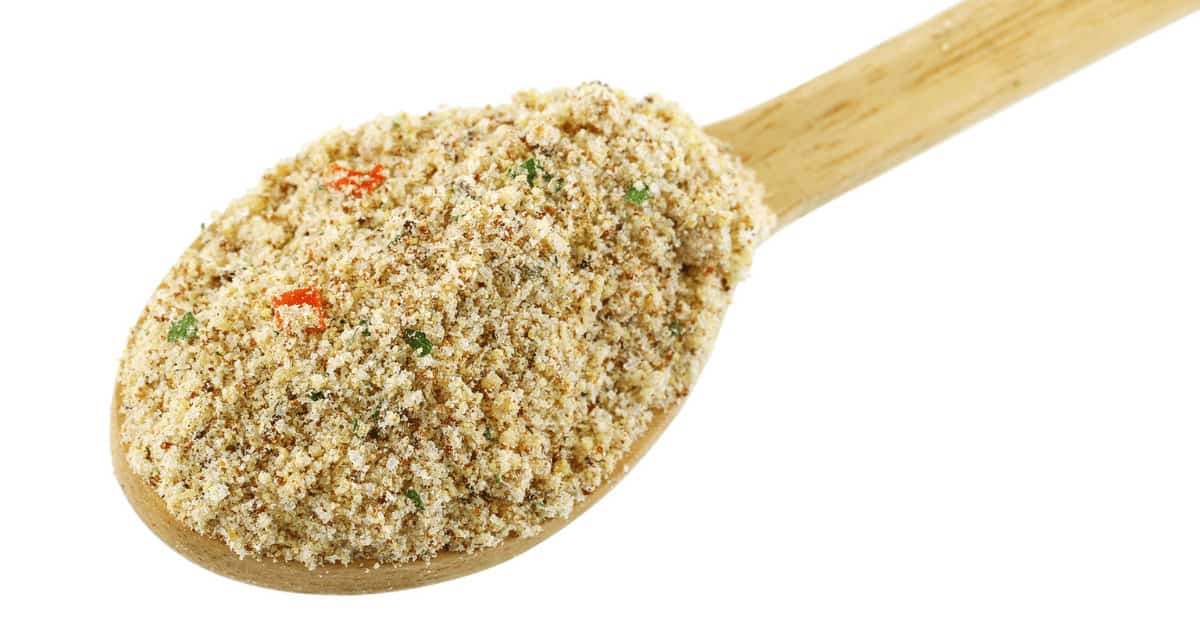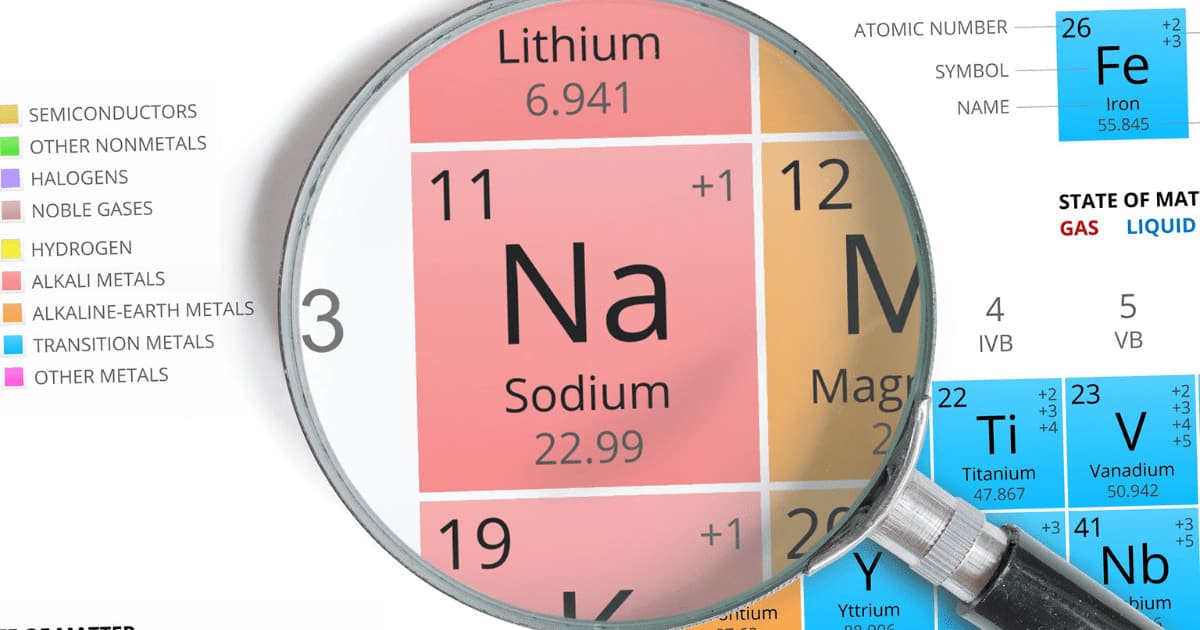Are you searching for a flavor boost but don't know which season blend to pick? Chicken powder could be just what you're looking for!

We will explain what chicken powder is and how it differs from other popular seasonings and powders.
What is Chicken Powder?
This condiment is a seasoning made from dehydrated chicken broth and ground into a fine powder.
Its salty taste provides an umami-rich depth to dishes, similar to what bouillon cubes do.
How Is Chicken Powder Made?
This seasoning is created through a multi-step process that begins with boiling water and adding either a cubed or powdered chicken base.
This makes a concentrated broth which then gets poured onto either vat of ice or trays lined with parchment paper and frozen overnight.
After freezing, the broth cubes are dehydrated for 12-24 hours until completely dry and crisp like sandpaper.
Ultimately, these dried cubes go through a food processor or blender until they turn into fine powder.
What Does Chicken Powder Taste Like?
The flavor of this spice varies depending on its ingredients. Usually, the powder contains salt, yeast extract, hydrolyzed soy/corn protein, monosodium glutamate (MSG), natural flavors like onion or garlic, and occasionally sugar.
It has an intense meaty taste with subtle hints of sweetness and smokiness due to caramelization caused by dehydration.
Does Chicken Powder Have Sodium?
Yes, chicken powder typically contains a high sodium content. On average, one serving size contains 700-900 milligrams (mg) of sodium - almost 40% of your daily recommended intake.
Since many people already consume more than this recommended sodium level in their meals, adding this seasoning can quickly increase that total into one feed.

Negative Effects Of Consuming Too Much Sodium
Overeating sodium can harm health by raising blood pressure and placing unnecessary pressure on your heart and other organs.
Studies have linked high sodium consumption with an increased risk of stroke, cardiovascular disease, kidney problems, fluid retention, headaches, and dizziness.
While occasional use of this powder can add flavor to food dishes, it should not be part of a regular diet due to its high salt content.
Strategies To Lower Sodium Content
You can reduce the sodium by using low-sodium alternatives or decreasing the quantity used when cooking dishes that typically contain higher amounts, like soups or sauces.
Furthermore, certain manufacturers offer "no salt added" versions with less than 30 milligrams per teaspoon instead of the traditional 700-900 mg in regular performances.
Chicken Powder vs. MSG
When it comes to flavor enhancers, there are many options. Monosodium glutamate (MSG), for instance, is one popular food additive found in many processed foods and condiments.
Although MSG can be an effective way to enhance certain dishes' flavors, it has also been linked to negative health effects like headaches and nausea.
Many cooks search for alternatives that provide similar advantages without the potential risks MSG poses.
The healthier versions of chicken powder are an ideal flavor enhancer without the potential side effects or health hazards. They contain high levels of natural umami, which provides a rich and savory taste similar to meat broth or bouillon cubes.
Does Chicken Powder Expire?
The chicken powder does have a shelf life. However, how long it remains fresh depends on the quality of the ingredients and how well it was stored.
Generally, the powdered chicken stock will remain fresh for up to two years when stored properly in an airtight, cool, dry container.
How To Determine If Your Chicken Powder Has Turned Bad
The easiest way to determine if your chicken powder has gone wrong is by smell - if it smells off or sour, it's time for a change.
Furthermore, visible signs such as mold growth or darkened colors indicate that the powder has gone off and should no longer be used.
Storing Chicken Powder Properly
To guarantee your chicken powder remains fresh for as long as possible, stick to these steps:
- Store at room temperature in an airtight container, away from direct sunlight.
- Always check that the lid is securely closed after each use.
- Be sure to check the expiration dates on products regularly.
- Discard any product that has passed its expiration date.
What Can We Use Instead of Chicken Powder?
When substituting, it is essential to remember that the flavor will differ.
Depending on the dish, there are various ingredients you can use instead of chicken powder:
- Bouillon cubes: For an intense flavor, bouillon cubes can be used as a substitute in many recipes. Before using them, dissolve the cube in boiling water.
- Stock or broth: Stock and broth can be used instead of chicken powder when making soups and stews. However, they have more robust flavors than powdered products, so they may need to be diluted with some water before being added to recipes.
- Vegetable powders: Vegetable powders such as onion or garlic powder can be an excellent substitution for chicken powder when seasoning dishes like mashed potatoes or roasted vegetables.
Alternatives for Flavoring Sauces and Soups
Are you looking to substitute chicken powder in sauces and soups?
Consider these alternatives instead:
- Herbs: Thyme, oregano, rosemary, sage, and bay leaves can all be used instead of chicken powder when flavoring sauces and soups.
- White wine or sherry vinegar: These kinds of vinegar provide a subtle depth of flavor without overpowering other components in a sauce or soup base.
- Miso Paste: Miso paste is a fermented soybean product that adds umami (savory) flavor to sauces and soups without meat, making it an excellent vegetarian substitute for chicken powder!
Does Chicken Powder Come from Chickens?
The chicken powder is sometimes mistaken as real chicken but is very processed.
Made from dehydrated cooked meat and skin that have been finely ground into a dry powder, chicken powder contains the same proteins and flavors as freshly cooked poultry but with added seasonings and preservatives to extend shelf-life.
What Parts of the Chicken Are Used for Powder Production?
The parts used to manufacture chicken powder vary by manufacturer; however, most consist primarily of cooked breast meat and skin thoroughly washed to eliminate any potential sources of contamination.
Many brands add salt, spices, MSG (monosodium glutamate), hydrolyzed vegetable proteins (HVPs), or other additives to enhance flavor and texture.

Conclusion
The chicken powder is an incredibly versatile and flavorful ingredient that can add subtle layers of flavor to various dishes.
From soup bases to marinades, there's no limit to what this versatile seasoning can do!
The products that are low in sodium or MSG are safe for consumption when stored according to instructions. Its health benefits, like vitamins and minerals, make it ideal for those seeking healthier alternatives to traditional seasonings.

